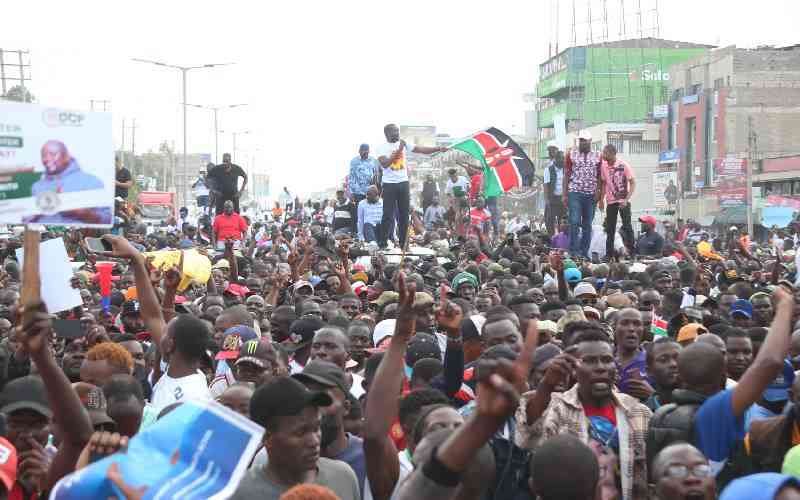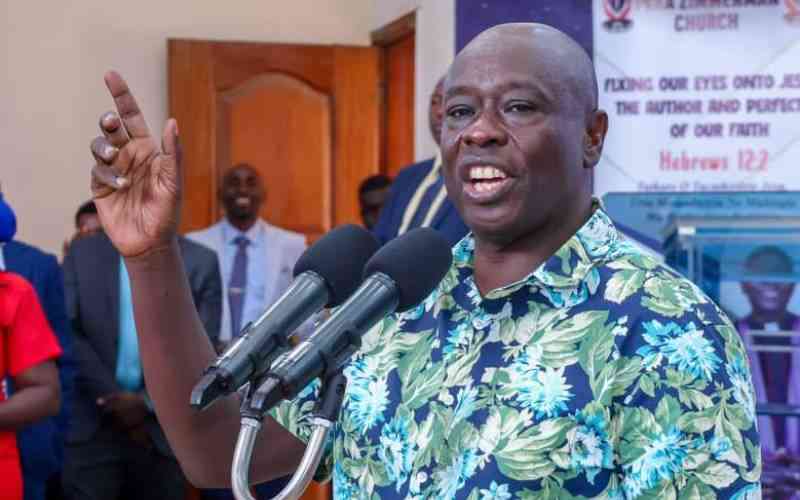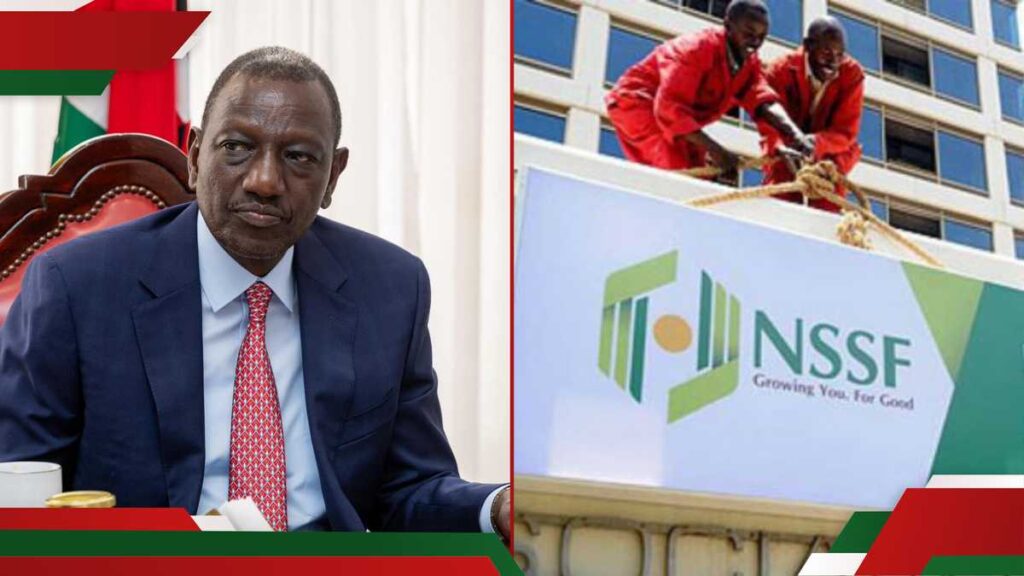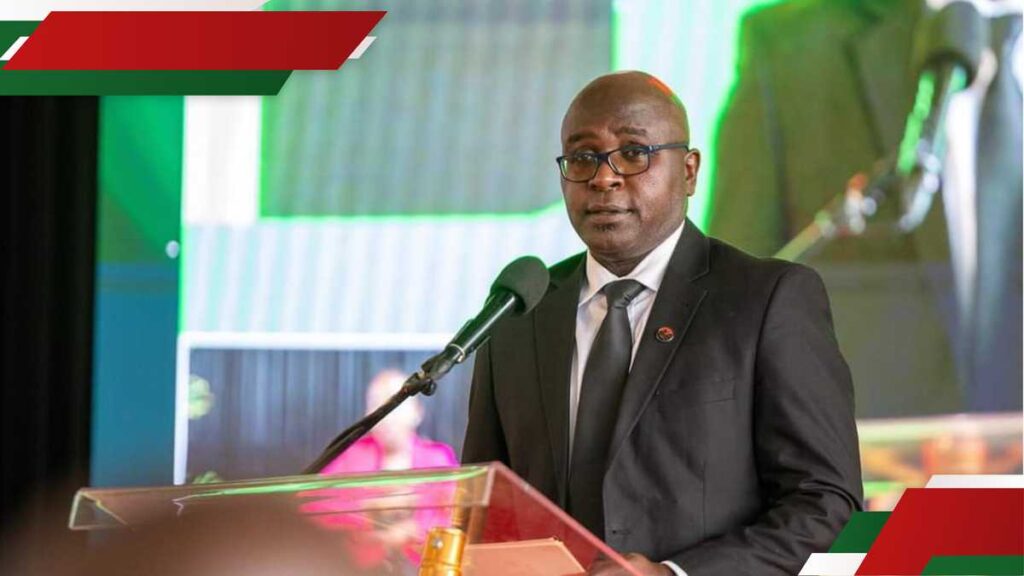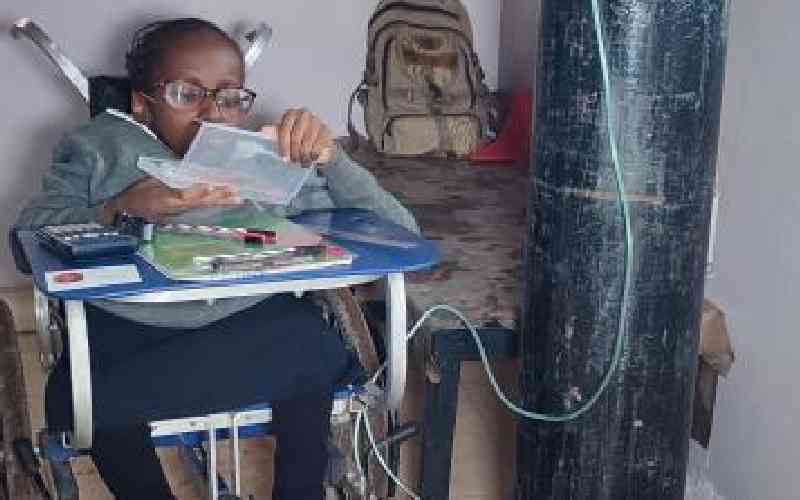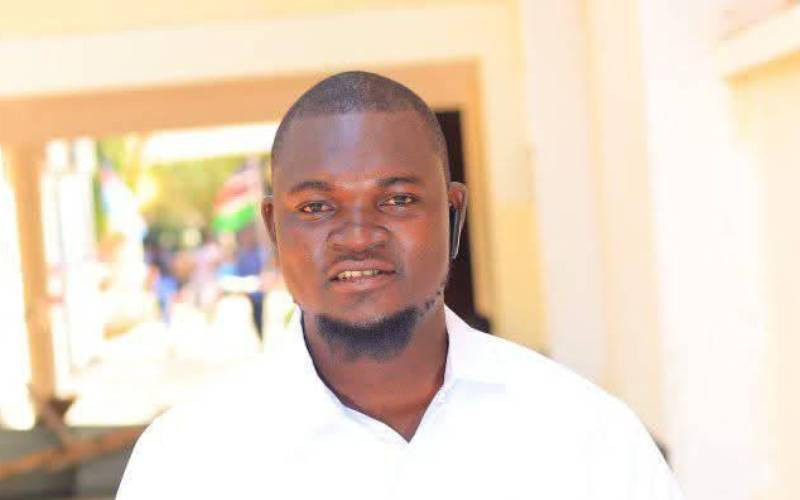Twelve years after the Westgate Mall terror attack that left more than 60 people dead and scarred Kenya’s collective memory, security experts caution that the threat of terrorism
remains persistent and evolving, even as the country records major gains in counterterrorism efforts.
Speaking on Spice FM, Rehema Zaid, a policy and security strategist on preventing violent extremism, noted that Kenya has made significant strides in intelligence gathering, multi-
agency coordination, and community engagement since the 2013 attack.
“After Westgate, we created institutions such as the National Counter Terrorism Centre (NCTC) to drive community engagement. Security policies have been devolved from the
national to the county and ward levels to address unique demographic needs,” she said.
Zaid emphasized that counterterrorism is no longer viewed solely through a militarized lens but as a shared responsibility.
“We are becoming more proactive, not reactive. Terrorism is also a social phenomenon, not just a security threat. Communities, women, and youth now play a central role in
resilience building and intelligence sharing,” she said.
The 2025 Global Terrorism Index shows that Al-Shabaab-linked deaths in Kenya fell to 33 in 2024—a 57 percent decline from the year before. But Zaid cautioned against
complacency.
“Declining fatalities do not mean terrorism has ended. There’s better coordination, more community dialogue, and improved responses, but the threat is still there,” she warned.
She further pointed to emerging challenges, including the nexus between terrorism and organized crime, such as human trafficking and money laundering.
Climate disasters, she added, create new vulnerabilities by displacing people and straining security at porous borders.
Stay informed. Subscribe to our newsletter
According to Zaid, the government’s evolving strategy blends “hard” and “soft” approaches, deploying force where necessary while prioritizing prevention through education, youth
empowerment, and economic inclusion.
“We need to redefine security. Real security is when children are safe in schools, when malls are secure, and when communities trust the state. That’s how we celebrate success,”
she said.
Still, she stressed that resources remain inadequate for the scale of the threat, urging enhanced funding for the security sector.
“Support is not only monetary, but with budget realignments, current resources are not enough. If the threat is higher, then we cannot compromise the integrity and security of our
nation,” Zaid said.



